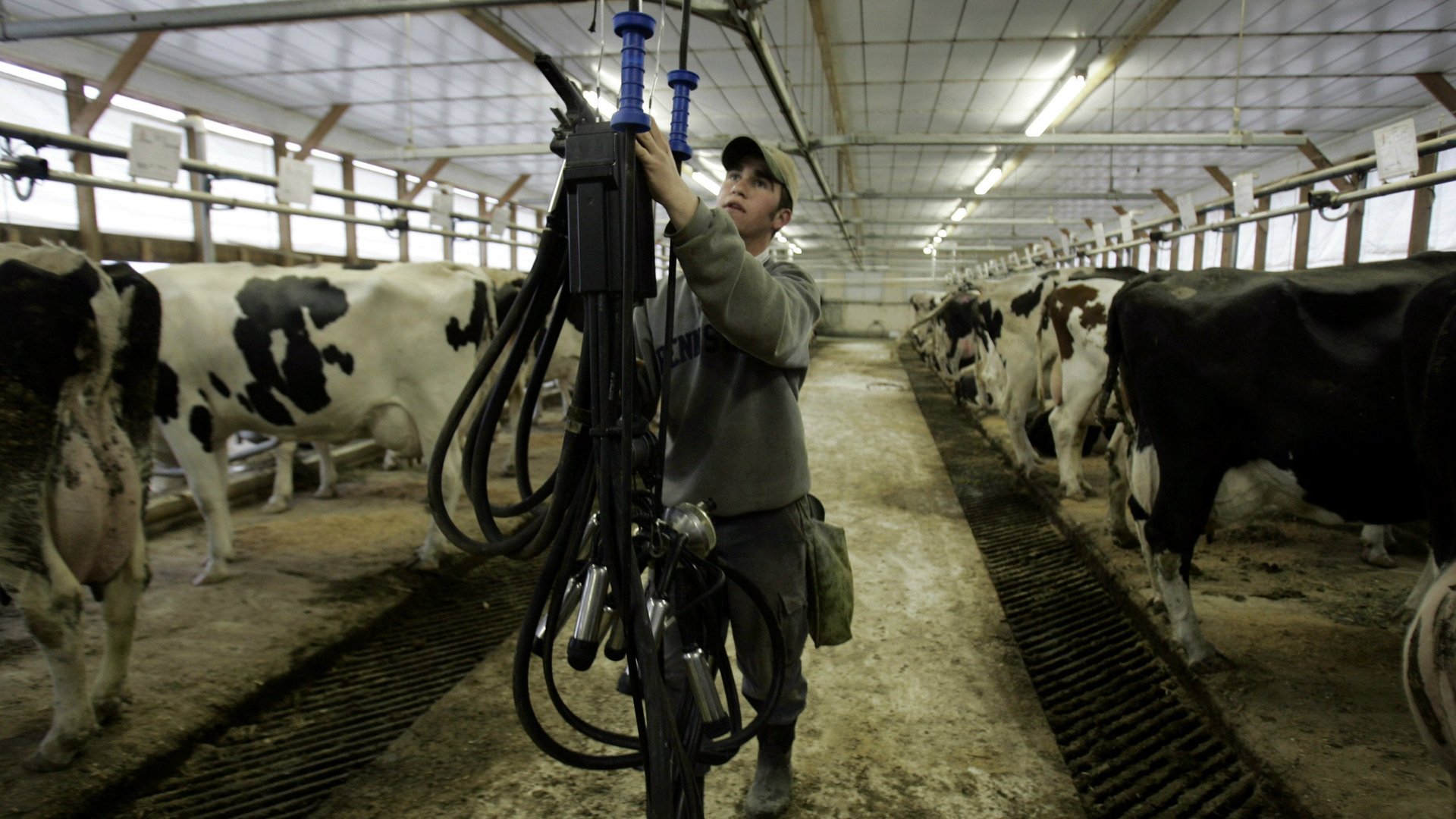Sorry, city kids. It’s healthy to spend your childhood rolling around in dirt
Apologies, germaphobes. A bit of dirt is actually quite good for you.


Apologies, germaphobes. A bit of dirt is actually quite good for you.
Scientists have known for a while that kids who grow up on a farm have far fewer allergies and are less likely to develop asthma, but up until now, they weren’t sure why. One leading theory, known as the “hygiene hypothesis,” suggests that the increase in allergies and asthma is down to a lack of exposure to microbes.
The hypothesis argues that exposure to different microbes early on in life helps kids develop their immune system. To test this, researchers for a study published in the journal, Science, exposed mice to farm dust they extracted from Germany and Switzerland.
Mice that were exposed to farm dust early in life were better protected than the control mice when researchers presented both with house dust mites, which are known to often cause asthma in people. The key, researchers suggest, is the A20 enzyme. Mice who were exposed to farm dust produced this enzyme, but the protective effects disappeared when mice were created ”lacking A20 selectively” in their lungs.
Researchers then went on to analyze 2,000 children who lived on farms and found that most did not suffer from allergies or asthma. But, interestingly enough, the ones who did suffer from allergies or asthma—despite their upbringing—had a mutation that produced a malfunctioned form of A20.
The research is still in its early stage, as we still don’t know what active substance in farm dust leads to this protection, but the results are still exciting. Researchers tell The Guardian that once they find out more about how farm dust protects kids against allergies or asthma, they can begin the difficult work of developing a new asthma vaccine and allergy therapies.
This could eventually be a breakthrough, as asthma is the most common chronic disease among children. In the last few decades, both allergy and asthma rates have been surging.